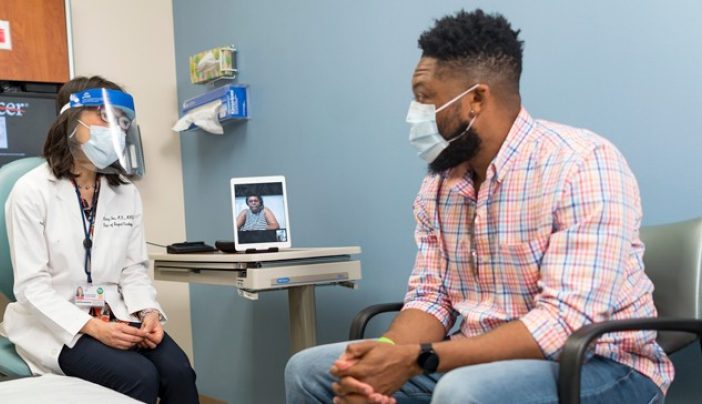- Empty cart.
- Continue Shopping
The Importance of Colon Screenings for Men

Colon cancer, also known as colorectal cancer, is a significant health concern worldwide. It is the third most common cancer diagnosed in both men and women in the United States. While the risk of colon cancer increases with age, it’s essential to recognize that early detection through colon screenings is crucial for prevention and effective treatment.
Colon Cancer Risk in Men
Men are at a slightly higher risk of developing colon cancer compared to women. Several factors contribute to this increased risk:
- Age: The risk of colon cancer increases with age, and men tend to develop this cancer at a slightly younger age than women.
- Lifestyle Choices: Men are more likely to engage in lifestyle habits that can increase their risk, such as smoking, excessive alcohol consumption, and a diet low in fiber and high in red and processed meats.
- Delayed Healthcare: Men are often less likely to seek medical attention for symptoms or preventive care compared to women.
The Importance of Colon Screenings
Colon screenings, also known as colorectal cancer screenings, are medical tests that help detect precancerous growths (polyps) or cancerous growths in the colon or rectum. Early detection through these screenings can significantly reduce the risk of colon cancer and increase the chances of successful treatment. Here’s why colon screenings are particularly important for men:
1. Early Detection Saves Lives
Colon cancer often begins as benign polyps that can take years to develop into cancer. Regular screenings can detect and remove these polyps before they have the chance to become cancerous. When colon cancer is found at an early stage, it is highly treatable, with a significantly improved survival rate.
2. Asymptomatic Nature of Colon Cancer
In its early stages, colon cancer typically does not present noticeable symptoms. This means that without regular screenings, men may not be aware of the disease until it has advanced and become more challenging to treat. Colon screenings can detect the disease before symptoms develop.
3. Risk Reduction
Colon screenings can identify individuals at a higher risk of colon cancer due to factors like family history or genetic predisposition. For men with increased risk factors, screenings are even more crucial for early detection and risk reduction.
4. Minimally Invasive Procedures
Many colon screening methods, such as colonoscopy and sigmoidoscopy, are minimally invasive and have become more comfortable over the years. The discomfort of these screenings is relatively brief compared to the potential benefits of early detection.
5. Effective Preventive Measures
Screenings not only detect colon cancer but also provide an opportunity for preventive measures. Polyps found during screenings can be removed during the procedure, preventing them from developing into cancer.
6. Personalized Screening Plans
Healthcare providers can create personalized screening plans based on an individual’s risk factors, age, and medical history. Men can work with their doctors to determine the most suitable screening schedule.
7. Peace of Mind
Regular colon screenings provide peace of mind for men and their loved ones. Knowing that you are taking proactive steps to protect your health can reduce anxiety and improve overall well-being.
Common Colon Screening Methods
There are several methods for colon cancer screenings, including:
- Colonoscopy: A procedure in which a flexible tube with a camera is inserted into the colon to examine the entire length of the large intestine.
- Sigmoidoscopy: A similar procedure to colonoscopy but examines only the lower part of the colon.
- Stool Tests: These include fecal immunochemical tests (FIT) and fecal occult blood tests (FOBT) to detect blood in the stool, which may indicate the presence of cancer.
- Virtual Colonoscopy: A CT scan that creates a 3D image of the colon and rectum.
- Double Contrast Barium Enema: A special X-ray exam in which a liquid containing barium and air is inserted into the rectum to make the colon visible on X-rays.
Finally, Colon screenings are a crucial aspect of preventive healthcare, particularly for men who face a slightly higher risk of colon cancer. Early detection through these screenings can save lives, reduce the need for extensive treatments, and improve overall outcomes. Men are encouraged to discuss their risk factors and screening options with their healthcare providers to develop a personalized screening plan that suits their needs and circumstances. By taking proactive steps towards regular colon screenings, men can significantly reduce their risk of colon cancer and ensure a healthier, longer life.








